•Govt eyes N120m daily revenue
By Chinelo Obogo
Nigeria’s aviation sector is embroiled in a fresh conflict as helicopter operators and oil companies are pushing back against a controversial $300-per-landing fee imposed by the federal government.
The policy, which was birthed four years ago, did not fly and was later submerged by circumstances.
The matter resurfaced last year but was later suspended.
However, industry players were shocked when it was reinstated in May 2025. The development has sparked outrage among industry stakeholders who argue that the fee will put more burden on an already overtaxed and limping sector.
The administration of late President Muhammadu Buhari introduced a policy requiring International Oil Companies (IOCs) and Local Oil Companies (LOCs) to pay $300 for every helicopter landing on oil platforms, rigs, airstrips, aerodromes and helipads across the country.
The Airline Operators of Nigeria (AON) was fiercely opposed to the policy at the time.
Members argued vehemently against the fees saying it was illegal, ill-conceived and predatory.
Captain Roland Iyayi of Top Brass Aviation Limited and a trustee member of the AON, said: “It is something that does not make sense. You’re asking people to pay in dollars when you’ve banned dollar transactions. You’re taxing helicopter operators who already pay multiple levies and offering nothing in return.”
Iyayi gave Daily Sun a breakdown of the implications of this levy to helicopter operators using a typical Chevron contract as an example. He said: “In a Chevron contract where you have an operator that is asked to provide a single engine helicopter like the 407, the monthly standing charge, whether the company uses you or not, is $350,000 a month. When they use you, there is an hourly charge of $1500. Assuming they do 100 hours a month, that would equate $150,000. If you add the $150,000 to $350,000, that brings it $500,000. The same operator provides five of these helicopters to Chevron and in a day, Chevron does 70 landings with the five helicopters. If you multiply 70 landings by $300 fee per landing, which is $21,000 a day. If you multiply $21,000 by 28 days in a month, that is $588,000 which the helicopter operators have to pay as charges alone from a contract of $2.5 million. In this $2.5 million, the operators would still pay VAT of 7.5%, there is withholding tax of five percent, and there is one percent development tax, the total within $2.5 million that encumbered with federal government taxes is 13.5%. Then add five percent of NCAA charter sales charge, which is 22.5%. If you now add the $588,000 and look at the percentage to the $2.5 million, which is 20%. If you add the 22.5%, that is 42.5% is what you are asking them to pay back to you as taxes. They still pay landing and parking charges to the Federal Airport Authority of Nigeria (FAAN) and the Nigerian Airspace Management Agency (NAMA) and that is a standard charge. When you look at this, you are asking an operator to pay 42.5% of their earnings as taxes before the corporate tax, how much of that amount left would cover all the other operational costs they would have to undertake and you think helicopter operations would remain viable.”
By Daily Sun’s calculations, if a company like Chevron makes 70 landings a day, it will rack up to $21,000 daily in landing charges. There are 200 helipads, heliports, airstrips, aerodromes and floating production storage and offloading platforms scattered across the country. One daily landing on each of these facilities will give a total of $60,000. If according to Iyayi, Chevron alone does 70 landings daily, or a minimum of 50 landings daily, adding the 200 other facilities scattered across Nigeria would give a very conservative minimum of 250 landings which would amount to $75,000 (N120million at N1,600/$) daily.
The intense pressure from stakeholders eventually elicited a response from the government. In May 2024, the current Minister of Aviation and Aerospace Development, Festus Keyamo announced a temporary suspension of the levy. He said the suspension was to allow for a comprehensive review by a committee comprising representatives from the Ministry, agencies, AON, IOCs, and NAEBI Dynamic Concept Ltd.
On May 15, 2025, exactly one year after the suspension of the levy, the federal government lifted it. A circular, “Authority to Collect Helicopter Landing Levy by Messrs NAEBI Dynamic Concepts Ltd,” signed by Akut D.S., General Manager, Air Traffic Control Operations, of the Nigerian Airspace Management Agency (NAMA), directed NAEBI Dynamic Concept to resume immediate collection.
The reinstatement of the directive revived the three-years-long war between operators and the government. In early July 2025, NAMA escalated the situation further by issuing a 7-day ultimatum to all stakeholders, including IOCs, demanding that they submit payment plans and receipts and threatening to refuse to grant start-up clearances for non-compliant operators. Despite the ultimatum given by NAMA, there are reports that a number of helicopter operators and oil firms have failed to comply with the directive. Operators have continued to rail against the fee, questioning its legality. The Managing Director of Aero Contractors, Captain Ado Sanusi, who is a former MD of NAMA, stated that under the International Civil Aviation Organisation (ICAO) principles, charges are typically for cost recovery, meaning that an investment must be made to provide value to the customer.
He insisted that by the Act establishing NAMA, the agency is the sole provider of Communication, Navigation, and Surveillance (CNS) services. “The payment of $300 fee is not part of ICAO’s (International Civil Aviation Organisation) charges for cost recovery because you must invest; then you can recover the cost. If they say there is an investment, they should bring it out and let Nigerians see the investment they have made in surveillance, navigation, or communication. But you have not invested anything and you just put a levy. If you have invested, then tell the world what you have invested in,’’ he said.
He then warned against setting a dangerous precedent, saying, “Today, if the government allows charging $300 to helicopters per landing, tomorrow another will come and say it’s $500. Next year somebody will say it’s $1,000 per landing. Arbitrary people will come because they have access to start charging things arbitrarily.”
Captain Iyayi who is also a former NAMA MD echoed similar concerns, stating that NAMA cannot introduce new charges without proper legislative approval. “NAMA should do an assessment to see how that would impact the industry before they start demanding such payment. We condemn situations where you have all forms of charges and taxes introduced without proper due diligence or necessary assessment,” he said.
The implications extend beyond the aviation industry. Joe Nwakwue, former chairman of the Society of Petroleum Engineers Nigeria Council, warned that the new charges could significantly decrease oil production in a country already producing 500,000 barrels less per day than its capacity.
“The new fees will force oil and gas companies to reduce production even further because helicopters are essential for many operations, and the increased cost may make some activities financially unsustainable. No oil service company would be ready to absorb this cost. It would eventually be passed on to project promoters and then to the end product. We are already dealing with a high-cost environment, so adding this makes operations more expensive and will definitely impact the bottom line. A business with medium to long-term investment plans may be forced to reduce investments when they observe inconsistencies in government policies.”
One of the most contentious aspects is the selection of Naebi Dynamic Concept Limited to exclusively collect the fees. This has raised questions about transparency and proper regulatory procedures.



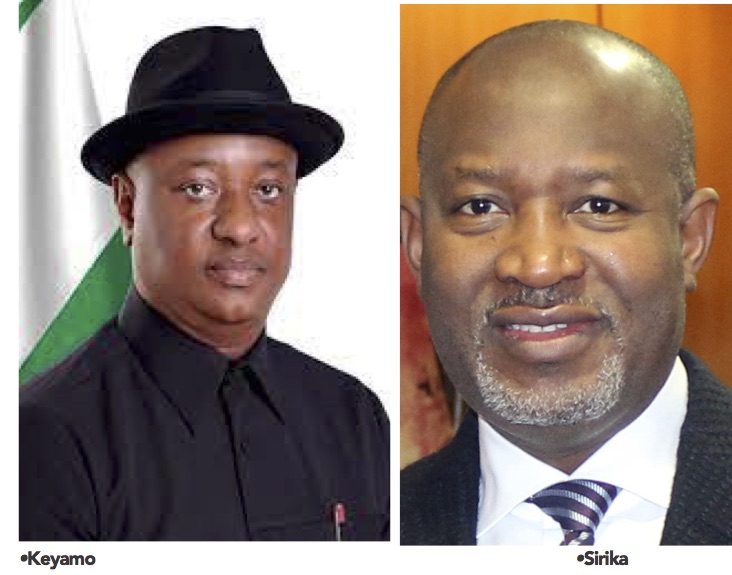

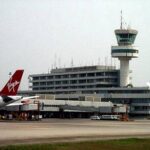

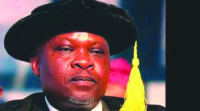
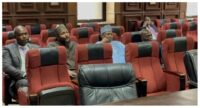

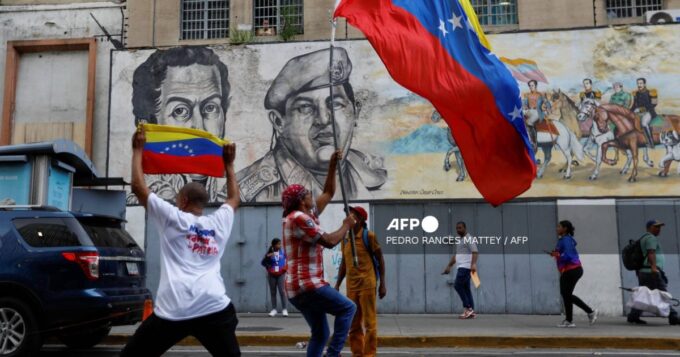
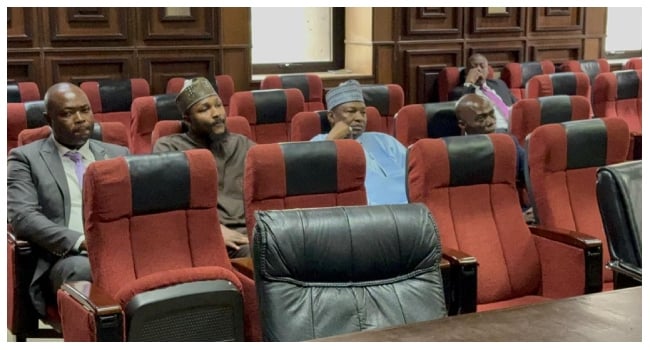




Leave a comment